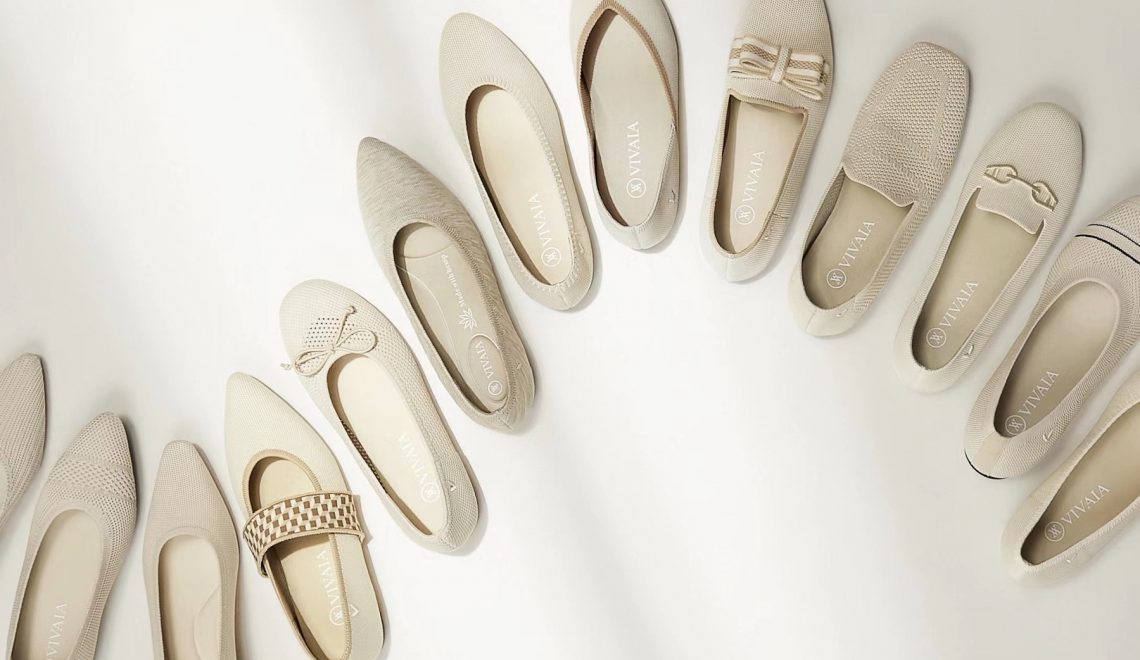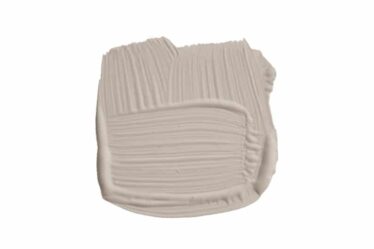
Vegan Shoes: What You Need To Know

Have you succumbed to the vegan shoe craze? Despite the fact that vegetarianism is a shoe topic, it is highly popular in the niche market. According to research, more than 45 percent of individuals are willing to pay more for vegan shoes because they receive equal product benefits. Shoes, cuisines, brands, and vegan items all have them.
Vegan shoes outperform traditional shoes in terms of stability and sustainability. In addition, the value of vegan shoes has skyrocketed. Our team at Freedomoses explains everything you need to know about vegan shoes right here in this article.
Vegan Shoes: What You Need to Know
Definition of Veganism?
How does the term “veganism” make you feel? Do you think of plant-related food enthusiasts when you hear the word?
Veganism is a culture that excludes all animal products while establishing a philosophy that opposes all forms of animal cruelty. It is the philosophy of assisting animals and building a compassionate society, with the environment acting as their ally.
The basic philosophy of veganism is to promote the idea of not utilizing animals as products. Thus, vegans are individuals who adhere to this viewpoint. They follow this tradition to protect animals from all forms of exploitation, and it is well-known in some areas.
Simply hearing the word vegan conjures up images of a culinary diet that excludes carnism or meats, milk, and other dairy products. Leather, wool, fur, and glues are all derived from animals in some way. Shoes created without the use of any animal ingredients are vegan shoes.
Vegan footwear has become a hot trend in recent years. This category includes shoes, keds, formal shoes, sandals, and anything else that prohibits the use of animals.
How to Identify Vegan Shoes?
Distinguishing between vegan and non-vegan footwear is less complicated than it appears. Simply keep an eagle eye out for these basic methods.
To begin, vegan shoes have distinct emblems that help us distinguish them from leather and other materials. A cowhide emblem means materials are from animal skin or materials. A diamond-shaped emblem denotes a product composed of man-made materials.
Non-vegan items indicate that they are animal skin with tags, labels, or other indications. For example, First-class leather. These indicators make it simple to identify non-vegan items and avoid them.
If you’re still having trouble finding the right one, inquire about rates. Animal leathers are generally far more expensive than synthetic leathers. The plastics used in man-made ones are also visible. Among all of these, recognizing faux leather is a piece of cake.
Materials in Vegan Shoes
Vegan shoemaking is a completely distinct procedure. The materials commonly used to make vegan shoes are physiologically and chemically damaging to the environment’s health.
Vegan or man-made leathers have long played an important part in the shoemaking industry. The two toxic plastic materials that are in the production of vegan shoes are polyurethane (PU) and petroleum (PVC). However, when compared to animal leathers, these ingredients are less hazardous to the environment.
Fortunately, you no longer have to pick while creating vegan shoes. Using current materials to make the earth more eco-friendly is becoming increasingly useful. When conventional materials substitute such products, the results are positive.
Pineapple-leaf leather (Piatex), wine grapes, and dried apple leather allow sustainable vegan footwear production that is not endangered. This material demonstrates a favorable attitude toward vegetarianism.
Are Vegan Shoes Eco-Friendly?
While some elements may pose a threat to environmental health, sustainable choices and purchases can greatly assist us. You can reduce your consumption of hazardous elements by using them.
According to research, up until 2016, animal leathers such as cow or goat leathers were the most contaminated and dangerous textiles in the fashion world. PVC and PU are just two examples. As opponents, some sustainable items of choice emerged.
Better materials stand out among the most often used footwear materials. People prefer vegan footwear to traditional footwear because it is more environmentally friendly. This provides vegans an advantage over the competitors.
The best part is that plant-based vegan footwear or leathers are becoming increasingly popular. In fact, vegan products, with their environmentally friendly characteristics, have become a popular trend all over the world. Piatex, dry apple, grape, cactus, or cork are living examples of such environmentally friendly, long-lasting products.
Conclusion
Breaking the old shoe manufacturing process to bring you an eco-friendly environment is a blessing. Let the product be footwear as a big picture emerges when you move the hurdles.
The tradition includes the use of animal leathers, wool, and furs. The world is changing, and it wants us to change with it. This new tradition of being attached to vegan and environmentally friendly materials is one-of-a-kind and advantageous. So don’t put it off any longer; purchase your own pair of vegan sneakers today.
Featured Image by Vivaia
More to Love!
The Best Vegan Beauty Routine
What Your Favorite Shoes Say About Your Personality




